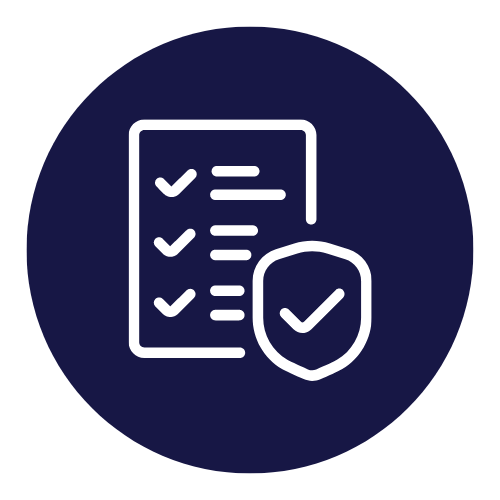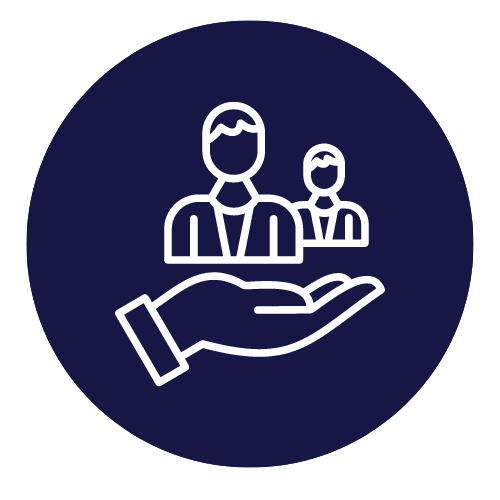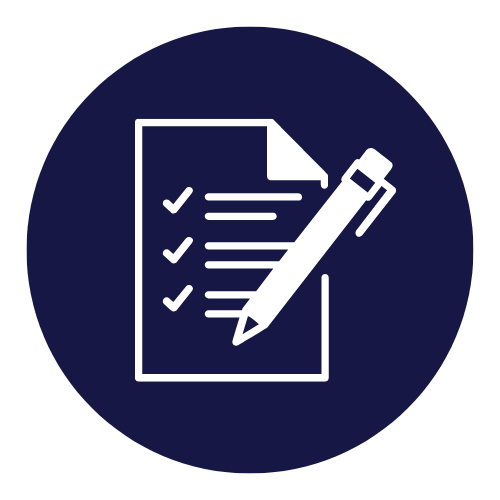What Is Aftercare?
After graduating from treatment at Orlando Recovery Center, our comprehensive aftercare planning connects you with the people and resources needed for lifelong recovery. Your aftercare plan is personalized to your unique needs, giving you the best chance at post-rehab success.


Am I ready for aftercare?
Our team ensures you’re prepared to stay sober before you leave our care. A specialized aftercare plan is the key to getting your life back. You’re ready if:
Goals of Aftercare
Relapse often happens in addiction recovery, but participating in aftercare programs has been shown to help reduce relapse rates. Aftercare helps clients:

What to Expect In Our Aftercare Program
Your aftercare planning starts when you begin treatment. Our facility team works closely with your case manager to prepare a comprehensive aftercare plan that will work for you once you’re ready to leave our facility.
After discharge, a patient’s case manager may check on them periodically to ensure they’re doing well and make adjustments to the aftercare plan. Our patients can stay connected to providers they met in rehab through Nobu, ensuring treatment continues with professionals familiar with their history and recovery journey.

Relapse prevention plan

Medical & therapeutic referrals

Teletherapy with Nobu, our mental wellness app

Local recovery resources

The Power of Nobu
Our mental wellness app Nobu is available during and after treatment. Nobu helps you stay connected with your therapist (or lets you switch) and enables you to manage and grow your mental health with free, on-demand tools.

Lessons from experts

Mindfulness training

Clinical assessments

Online teletherapy

Goal tracking

Journaling

Mood tracking

Sleep sounds
Your Recovery Is Our Mission
If you struggle with addiction, you’re not alone. Read our reviews and explore why Orlando Recovery Center may be the right place to start your recovery journey.

Speak with Admissions
Speak with a Recovery Advocate who can answer your questions and get you started in a treatment program that’s right for you.


Explore Other Levels of Care
Our full continuum of treatment options and individualized care plans ensure each patient gets professional care that meets their needs.
